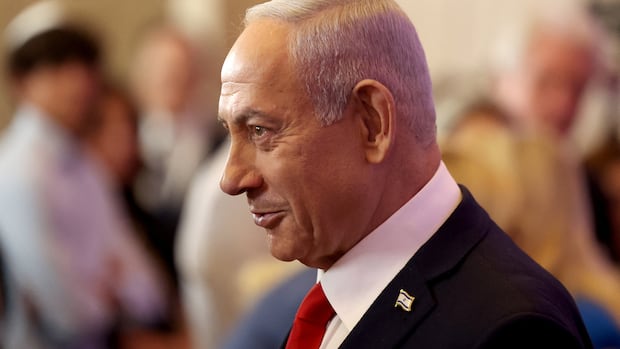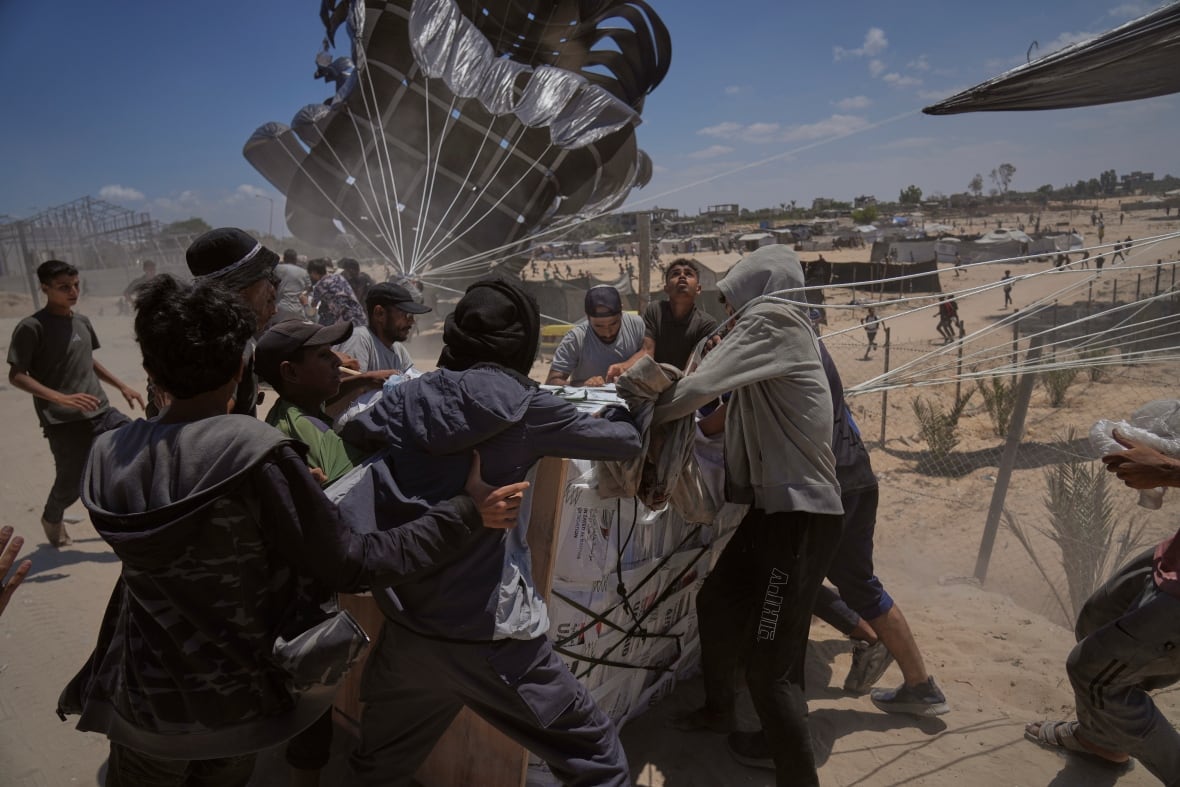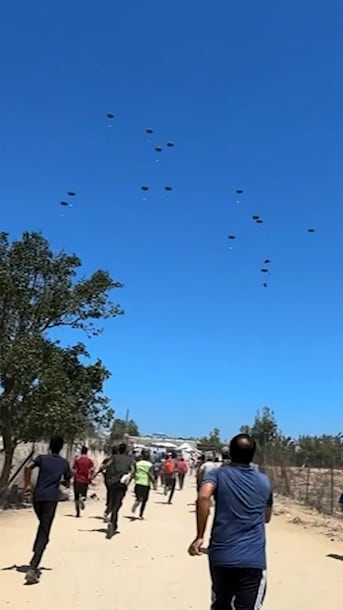
Netanyahu considers full Gaza takeover, Israeli media says, as more Palestinians die of hunger
Published: 2025-08-05 23:16:53 | Views: 9
Israeli Prime Minister Benjamin Netanyahu met senior security officials to finalize a new strategy for the 22-month war in Gaza, his office said on Tuesday, with media reporting he favoured a complete military takeover of the strip.
Despite intense international pressure for a ceasefire to ease hunger and appalling conditions in the besieged Palestinian enclave, efforts to mediate a truce between Israel and Palestinian militant group Hamas have collapsed.
Eight more people died of starvation or malnutrition in the past 24 hours, Gaza's Health Ministry said, while another 79 died in the latest Israeli firing.
The prime minister's office said in statement that Netanyahu had held a "limited security discussion" lasting about three hours, during which military Chief of Staff Eyal Zamir "presented the options for continuing the campaign in Gaza."
An Israeli official had earlier told Reuters that Defence Minister Israel Katz and Strategic Affairs Minister Ron Dermer, a confidant of Netanyahu, would also attend the meeting to decide on a strategy to take to cabinet this week, which is expected to convene on Thursday at 6 p.m. local time.
According to earlier reports from The Jerusalem Post, Channel 12 and Ynetnews, the prime minister was leaning toward taking control of the entire territory.
That would reverse a 2005 decision to pull settlers and military out of Gaza while retaining control over its borders, a move right-wing parties blame for Hamas gaining power there.
It was unclear, however, whether Netanyahu was foreseeing a prolonged occupation or a short-term operation aimed at dismantling Hamas and freeing Israeli hostages. The prime minister's office declined to comment on the Channel 12 report.
"It is still necessary to complete the defeat of the enemy in Gaza, release our hostages and ensure that Gaza never again constitutes a threat to Israel," Netanyahu told new recruits at a military base. "We are not giving up on any of these missions."
On Saturday, Hamas released a video of Evyatar David, one of 50 hostages still held in Gaza, appearing emaciated in what seemed to be an underground tunnel. The images shocked Israelis and sparked international condemnation.
Throughout the war, there has been sustained international pressure on Hamas to release the remaining hostages, of whom Israeli officials estimate 20 are believed to still be alive. Most hostages have been released during ceasefires following diplomatic negotiations. Israel broke the last ceasefire.
A Palestinian official said it may be a tactic to pressure Hamas into concessions, while the Palestinian Foreign Ministry urged foreign nations to take heed of the reports.
"The ministry urges countries and the international community to treat these leaks with utmost seriousness and to intervene urgently to prevent their implementation, whether these leaks are meant to exert pressure, test international reactions, or are genuine and serious," it said.
Strained military
Israel's coalition government, the most right-wing and religiously conservative in its history, includes far-right politicians who advocate for the annexation of both Gaza and the West Bank and encourage Palestinians to leave their homeland.
Nearly two years of fighting in Gaza has strained the military, which has a small standing army and has had to repeatedly mobilize reservists. It has throughout the war pushed back against the idea of Israel fully occupying Gaza and establishing military rule.
In a sign of differences between some members of Israel's ruling coalition and the military, far-right National Security Minister Itamar Ben Gvir on X challenged military head Zamir to state he would comply with government directives even if a decision was made to take all of Gaza.
The statement from Netanyahu's office said the Israeli Defence Forces were "prepared to implement any decision that will be made by the Political-Security Cabinet."
Front BurnerWhy some young Israelis refuse to fight in Gaza
Foreign Minister Gideon Saar then said the military chief must give his professional opinion, while Katz weighed in to say the military would professionally implement whatever policy the government set.
"Defeating Hamas in Gaza, while creating the conditions for the return of the hostages, are the central goals of the war in Gaza, and we must take all necessary actions to achieve them," Katz said.
The war was triggered when Hamas-led militants on Oct. 7, 2023, attacked Israel, killing around 1,200 people, mostly civilians, and capturing 251 hostages, taking them into Gaza.
Israel's military response has devastated the tiny, crowded enclave, killing more than 61,000 people — mostly civilians — according to Palestinian health authorities.
Former Israeli army and intelligence chiefs — including those who led Israel's Shin Bet internal security service, Mossad spy agency and the Israeli military — called for an end to the war in Gaza this week. In a roughly three-minute video posted to social media on Sunday, they demanded an end to the war and said the far-right members of the government are holding the country "hostage" in prolonging the conflict.
"This is leading the state of Israel to the loss of its security and its identity," Ami Ayalon, former head of Shin Bet, said in the footage.
At least 188 hunger-related deaths
Israel's campaign has forced nearly all of Gaza's more than two million people from their homes and caused what a global hunger monitor called last week an unfolding famine.
Some 188 Palestinians, including 94 children, have died from hunger since the war began, according to Gaza authorities.

An Israeli security official, in a briefing to reporters, acknowledged there may be hunger in some parts of Gaza but rejected reports of famine or starvation.
International anger at the suffering in Gaza has prompted several countries to recognize or announce their intention to recognize Palestine as an independent state.
On Tuesday, Israeli tanks pushed into central Gaza, but it was not clear if the move was part of a larger ground offensive.
Palestinians living in the last quarter of territory where Israel has not yet taken military control — via ground incursions or orders for civilians to leave — said any new push would be catastrophic.
"If the tanks pushed through, where would we go, into the sea? This will be like a death sentence to the entire population," said Abu Jehad, a Gaza wood merchant.
Source link








